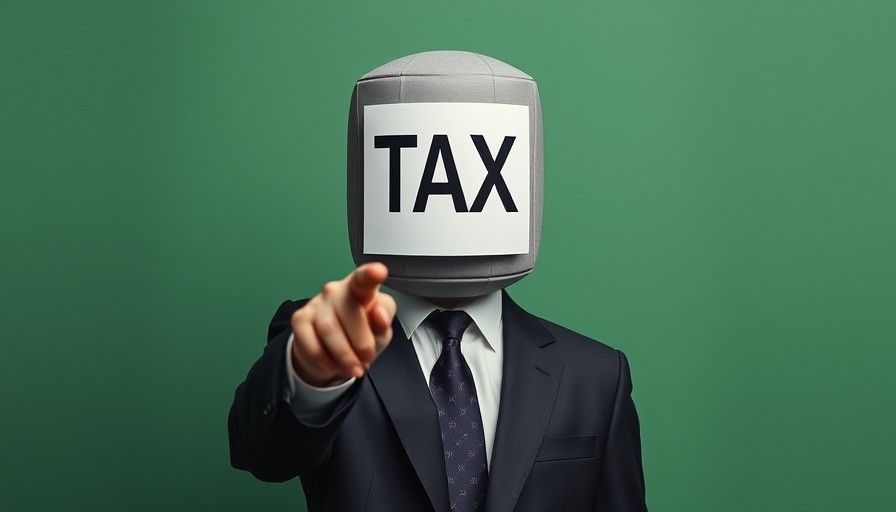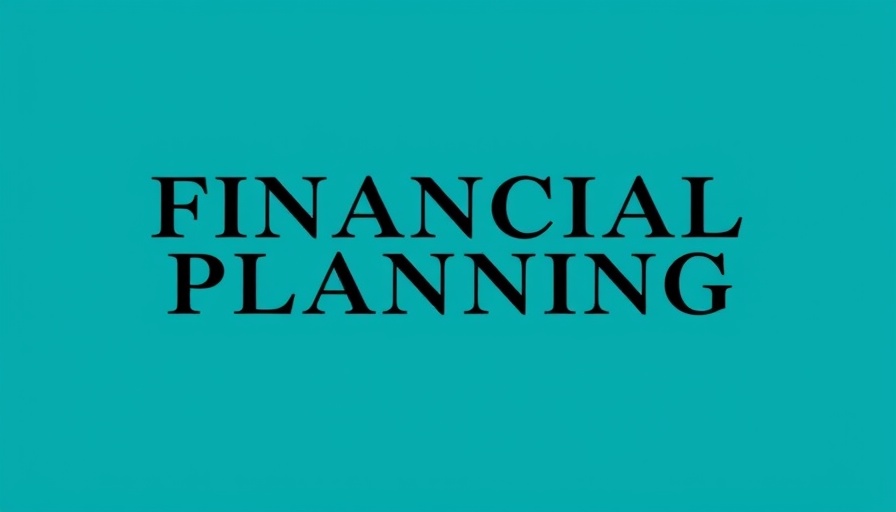
Understanding UK Tax Brackets for 2025/2026
When it comes to navigating your finances, understanding your tax brackets is as crucial as knowing your shoe size. The UK tax brackets classify taxpayers into categories: basic (20%), higher (40%), and additional (45%). Yet, despite their importance, many taxpayers remain unaware of how much tax they pay—and what that means for their take-home pay.
Your Income and Tax Calculations
For the tax year 2025/2026, tax rates are structured based on your total income from various sources, such as salaries, pensions, and even property letting. The initial calculation starts with your total income, from which you subtract your personal allowance.
Current Tax Rates: What Do They Mean for You?
In England, Wales, and Northern Ireland, the key tax brackets are as follows:
- Starting rate for savings: 0% on £0 to £5,000
- Basic rate: 20% on £0 to £37,700
- Higher rate: 40% on £37,701 to £125,140
- Additional rate: 45% on incomes above £125,141
For those in Scotland, tax rates differ slightly, necessitating individual research.
The Personal Allowance: A Crucial Factor
The personal allowance is an important figure, standing at £12,570 for the 2025/26 tax year. Everyone working or running a business is entitled to earn this amount before taxes kick in. However, earnings over £100,000 can face a reduced allowance.
Implications of Frozen Allowances
Understanding how tax brackets impact your financial decisions is critical, especially with the freezing of tax thresholds until 2028. This decision, claimed to raise revenue, underscores that even middle-income earners may find themselves paying a disproportionately higher share due to stagnant allowances.
Moving Forward: Strategies for Tax Efficiency
With knowledge of your tax bracket and personal allowance, you can make informed decisions about where to allocate funds or how to structure your investments, ensuring that your tax burden is minimized.
Final Thoughts
Knowing where you stand in terms of taxation can greatly affect your financial future. Being tax-savvy not only helps in budgeting but also in planning for retirement and investments. If you haven’t reviewed your tax situation lately, now is the time to take action.
 Add Row
Add Row  Add
Add 




Write A Comment